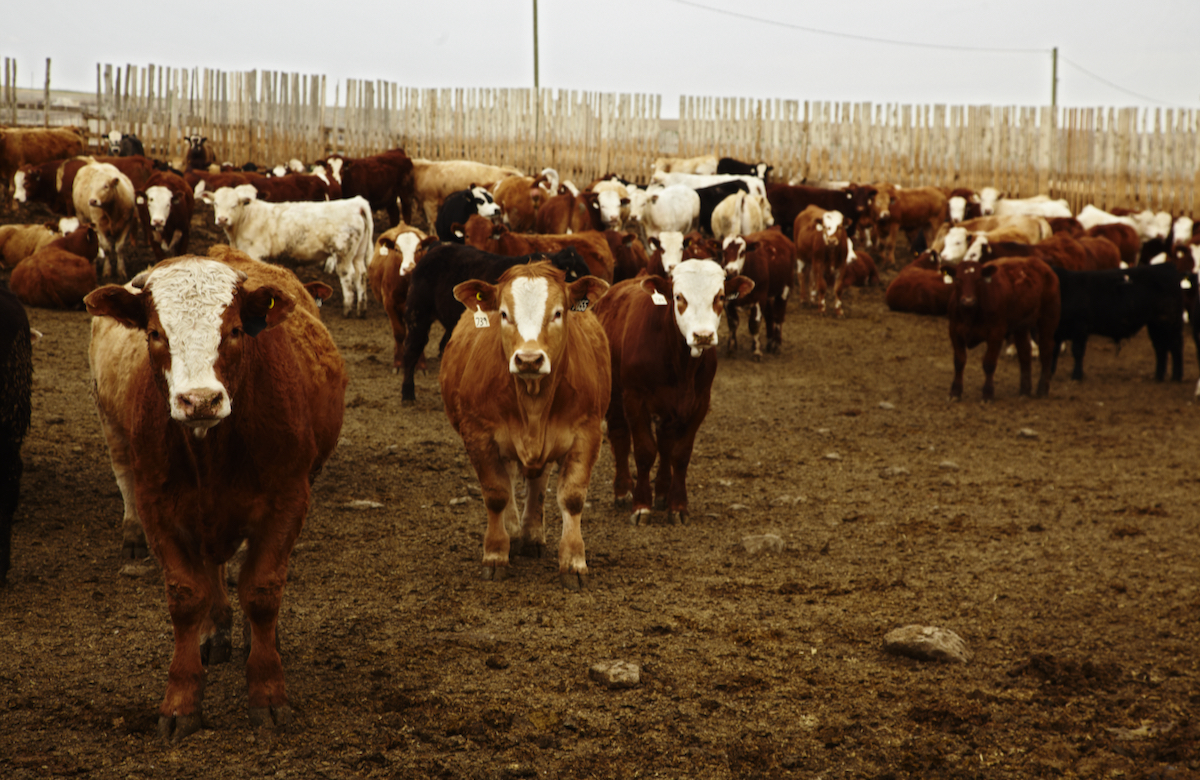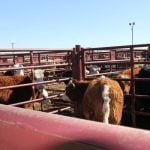The Manitoba firm that helped create the detectable veterinary hypodermic needles now widely used by livestock producers has been sold to its U.S. rival, ending patent fights between the two.
The assets of Rivard Instruments of Winnipeg have been bought for an undisclosed sum by Neogen Corp. of Lansing, Mich., which owns needle manufacturer Ideal Instruments.
Ideal and Rivard “collectively” own patents on the making and marketing of detectable veterinary hypodermic needles, which are designed to reduce breakage during animal injections — a common problem when treating large, thick-skinned and at times uncooperative animals such as hogs or cattle.
Read Also

U.S. livestock: Cattle at fresh highs, hogs weaken
Cattle futures on the Chicago Mercantile Exchange climbed to fresh highs on Tuesday, as tight supplies and the ongoing closure…
If the detectable needle — marketed by Rivard as the HDN (“Smart Needle”), DTN and HDDI, and by Ideal as the D3 Detectable Needle — breaks and sticks in the animal’s muscle, it would be spotted by a meat packer’s metal detectors, unlike the typical veterinary needle.
Ideal said its needles also improve the accuracy of drug delivery, helping to reduce residues in meat and milk.
Neogen noted that since the new needles were developed, they have been widely adopted by livestock producers and several countries now require their use, especially in pork production. The Canadian Pork Council, for one, made the use of either Rivard, Ideal or SyrVet needles mandatory on Canadian Quality Assurance (CQA)-registered hog farms starting in January 2007.
In its news release Tuesday, Neogen said the deal to buy Rivard settles “lengthy litigation” between the two firms over patents owned by each.
Ideal had a number of suits filed against Rivard for patent infringement in U.S. federal courts in Iowa. A similar lawsuit in Canada is also settled as part of this deal, Neogen noted.















